Empower the sailing community to protect the ocean
Develop open-source, replicable protocols and tools
Enable sailors everywhere to contribute to ocean science
Share live navigation data with EMODnet
Foster international scientific collaboration

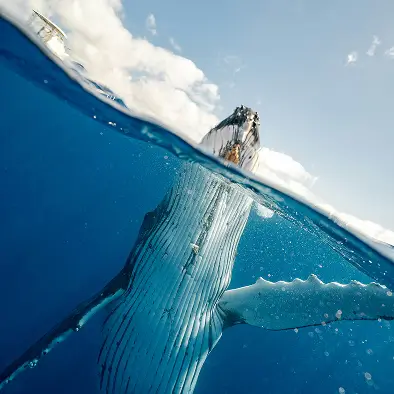
With every mile sailed, Maccaferri Futura contributes to gathering essential data about the ocean, using and testing innovative environmental monitoring tools and citizen science projects.
The goal? To validate participatory tools tailored to offshore sailing, helping us better understand and protect the marine ecosystem.
How Maccaferri Futura supports marine research at sea
The Sailing Box, developed by SOOP, measures physical parameters of seawater directly onboard:

Eddy by Oceano Vox logs and shares real-time data such as:
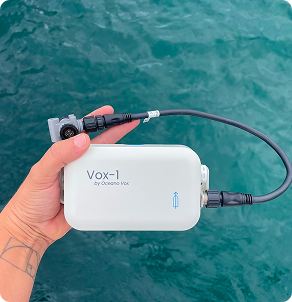
With the support of NAVICO Group, scientific data is fully integrated into onboard equipment and visualized in real-time through:
Together with the University of Milano-Bicocca, and thanks to innovative sampling systems by SRA Instruments and Chromline, we’re testing onboard sampling methods for air and water. The aim: to standardize protocols to detect:
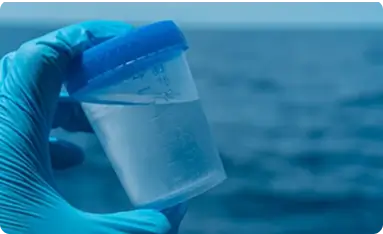
The crew will monitor and log onboard sightings of:
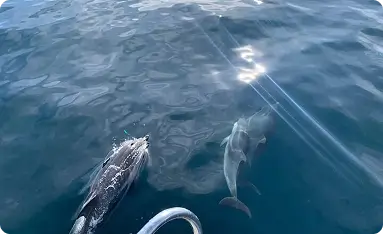
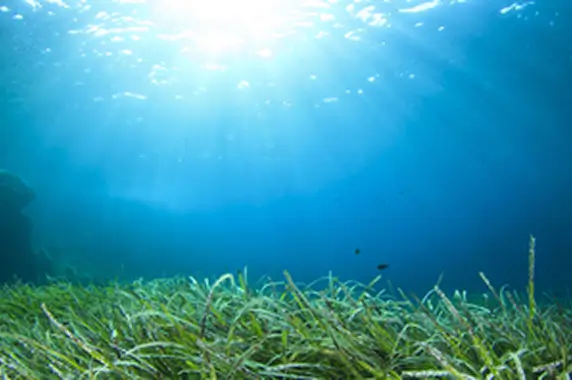
All data collected onboard is shared in real time with the LIVE SCIENCE TRACKING platform, with partner research institutes, and with EMODnet Physics, making it available to the global scientific community for ocean and climate studies.
The project is also officially supported by the EU Mission “Restore our Ocean and Waters”, recognizing its key role in preserving marine ecosystems and biodiversity in line with the EU Biodiversity Strategy 2030.
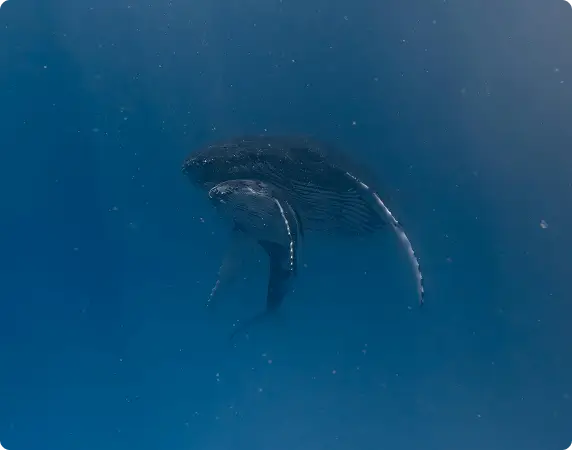
Develop open-source, replicable protocols and tools
Enable sailors everywhere to contribute to ocean science
Share live navigation data with EMODnet
Foster international scientific collaboration
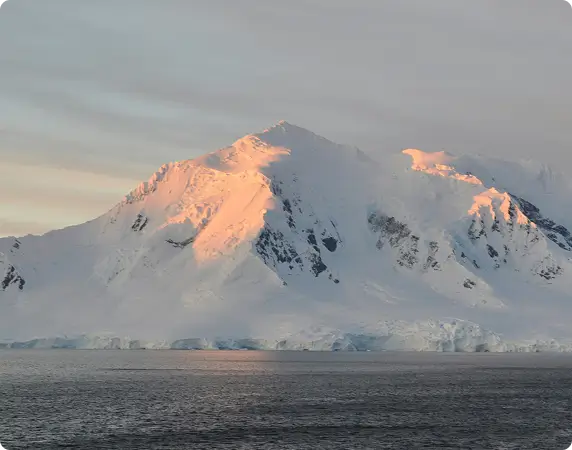
Understand human impact on marine ecosystems to provide accurate data for predictive climate models
Track global oceanic trends to guide early action
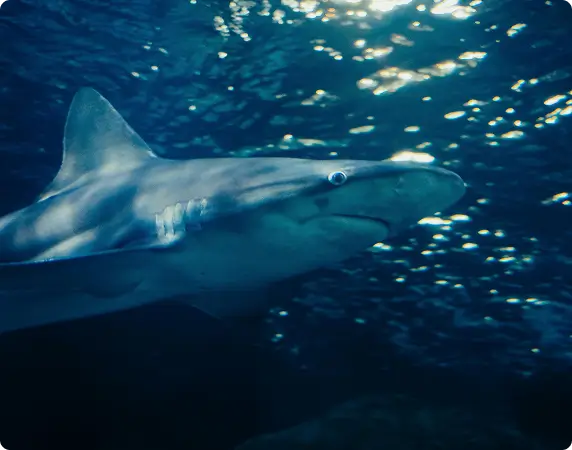
Support targeted policy-making on pollution, climate crisis and biodiversity loss
Identify vulnerable areas for focused protection
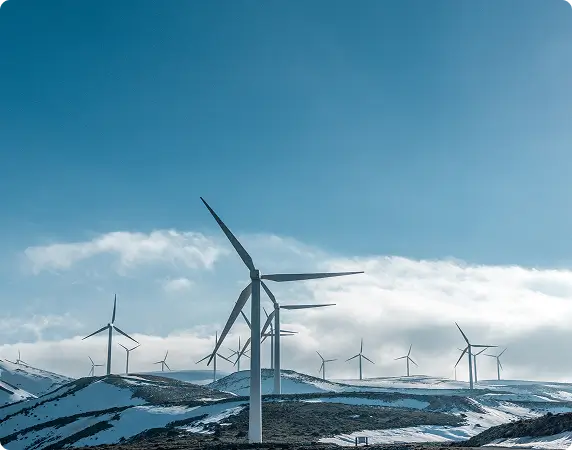
Enable the creation of eco-friendly products (cosmetics, nutraceuticals, pharmaceuticals)
Discover unknown marine molecules
Create participatory tech solutions to monitor and safeguard the ocean
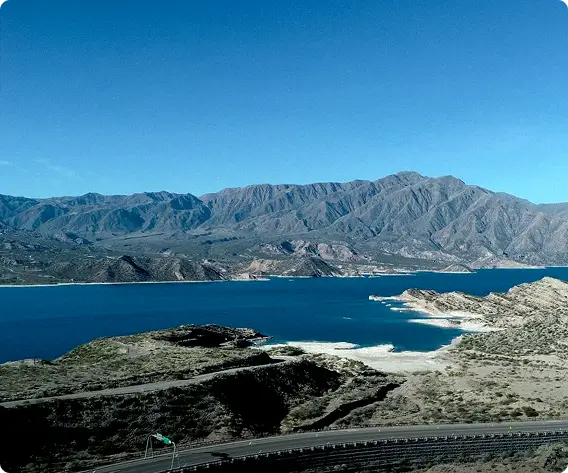
For over 140 years, Maccaferri has been a global leader in advanced solutions to protect the environment and communities. Today, it has become a key player in an innovative ocean research, helping build a more resilient future.
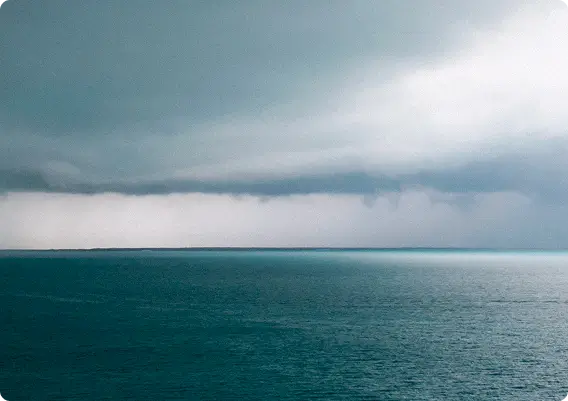
From coastal protection to fighting climate change, Maccaferri stands behind the mission and values of this project, proving that to understand and protect the ocean, you don’t need to be a scientist. Sometimes, all it takes is technology, a boat, and someone who loves the sea, like Luca.
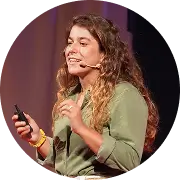
Arianna Liconti
Maccaferri Futura Ocean Science Coordinator, Marine Ecologist and Citizen Science Expert

Francesco Sailu
Environmental Chemist and researcher for University Milano- Bicocca

Matteo Fiorini
Sales Engineer for NAVICO GROUP
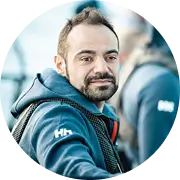
Antonio Novellino
Coordinator of EMODnet Physics

Michael Oellermann
SOOP Technology Transfer Manager at Alfred Wegener Institute
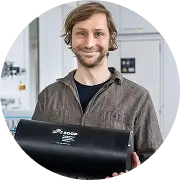
Stephan Deschner
Researcher at Helmholtz-Zentrum Hereon